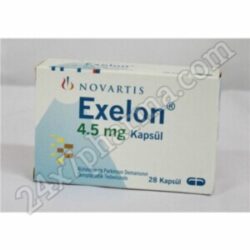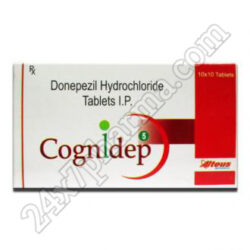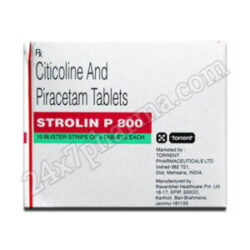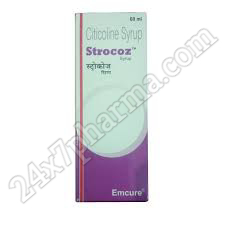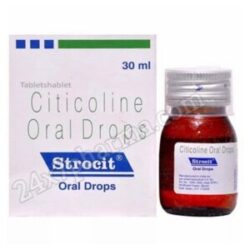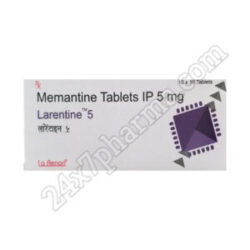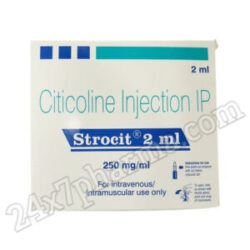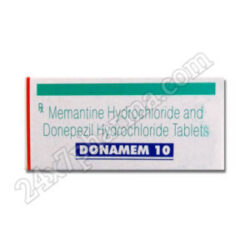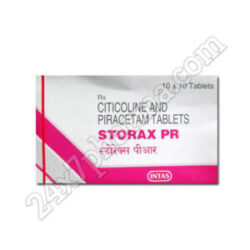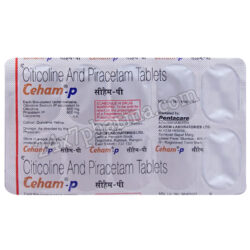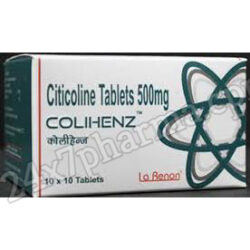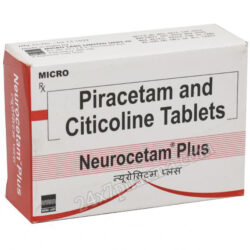Alzheimer
Showing 1–16 of 88 resultsSorted by latest
Strolin P 400 Tablet 10’S
Original price was: $35.$29Current price is: $29.Distinon 60mg Tablet 30’S
Original price was: $17.$14Current price is: $14.Strolin P 800mg Tablet 10’S
Original price was: $35.$29Current price is: $29.Strocoz 500mg Syrup 60ml
Original price was: $34.$29Current price is: $29.Strocit Plus Tablet 10’S
Original price was: $36.$30Current price is: $30.Strocit Oral Drops 30ml
Original price was: $21.$18Current price is: $18.Larentine 5mg Tablet 30’S
Original price was: $16.$13Current price is: $13.Donamem 10mg Tablet 20’s
Original price was: $25.$21Current price is: $21.Colihenz 500mg Tablet 10’S
Original price was: $30.$25Current price is: $25.Neurocetam Plus Tablet 10’S
Original price was: $28.$24Current price is: $24.Alzheimer’s disease is a form of dementia that causes issues with memory, thinking and behaviour. The symptoms usually start slowly but become more severe with time, eventually becoming severe enough to cause problems with routine activities.
While there isn’t a single test that can be used to diagnose Alzheimer’s, doctors have access to various instruments and tests to determine if one suffers from the condition. There is no cure currently for Alzheimer’s disease, but there are treatment options available to ease symptoms and enhance quality of living.
What is the cause of Alzheimer’s?
The cause of Alzheimer’s is a mix of lifestyle, genetic, and environmental influences. The exact reason for the disease is not yet fully known. Researchers believe that the accumulation of specific proteins in the brain could contribute to the progression of Alzheimer’s. These proteins build up plaques that harm nerve cells and disrupt the communication between cells.
Who’s at Risk?
Alzheimer’s disease is a common occurrence among older people, but it’s not an usual aspect of ageing. The chance for developing this disease is higher as you age, however it’s not just age that increases the risk factors.
Many medical conditions, like high blood pressure and diabetes as well as lifestyle choices, like smoking and weight gain could also increase the chance of becoming afflicted with Alzheimer’s.
What is the best way to diagnose it?
There isn’t a single test that is able to definitively identify Alzheimer’s disease. Doctors typically look at the patient’s symptoms and medical history prior to taking tests that rule out any other possible causes for the symptoms.
These tests can include blood tests and brain imaging scans or tests of thinking and memory abilities.
What are the treatment options?
There is no cure currently for Alzheimer’s disease. There are however solutions available to alleviate symptoms and improve the living quality for those affected by the condition.
Cholinesterase inhibitors, or cholinergic medications, are often employed to treat Alzheimer’s disease by controlling levels of acetylcholine inside the brain. Memantine (Namenda) is a second medication that is used to treat severe to moderate Alzheimer’s disease by reducing neurotransmitter activity through glutamate.
In some instances doctors might also suggest non-pharmacological treatments, like group counseling, or even support groups for those with Alzheimer’s as well as their caregivers.
You or someone else you’re acquainted with are showing signs or symptoms associated with Alzheimer’s illness, you need to consult a doctor immediately. The early diagnosis and the treatment could aid in slowing the progression of the disease as well as improve living conditions for both those suffering from Alzheimer’s as well as their family members.
Although there isn’t a cure for Alzheimer’s at the present moment, scientists are working to find one. While they wait, treatments are on the market that could aid in easing symptoms and improving quality of life for people who are affected by this devastating illness.


